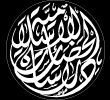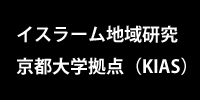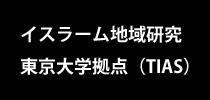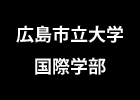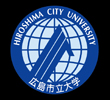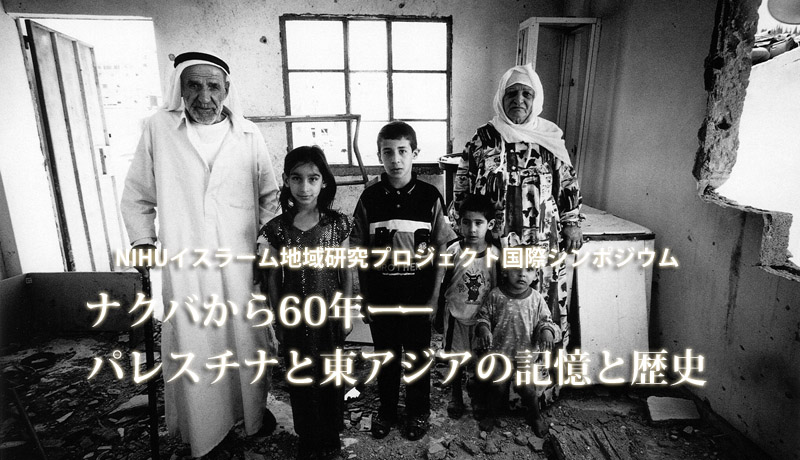| 写真:広河隆一. 参考資料:広河隆一監督作品 記録映画「パレスチナ1948・NAKBA」 |
 |
 |
||||||||||||||
|
【広島セッション】
NAKBA and HIBAKU: Dialogue between Palestine and Hiroshima
申し込み:
※12月7日(日)締切といたします。氏名と連絡先を明記の上、葉書、Eメールのいずれかでお申し込みください。Eメールでのお申し込みの際には、件名を「国際シンポジウム広島来聴申し込み」としてください。なお、申し込みは先着順とし、100名を越えた時点で締め切らせていただきますので、ご希望に沿えない場合もあることをあらかじめご了承ください。
葉書でのお申し込み:
〒731-3194 広島市安佐南区大塚東三丁目4番1
広島市立大学国際学部宇野研究室
お問い合わせ:
広島市立大学 国際学部 宇野研究室
TEL&FAX: 082-830-1769 【要旨】
この度、パレスチナ人が難民化し、また世界中に離散するきっかけとなった「ナクバ」(第一次中東戦争とその直後の政治的、社会的混乱を指す)から60年目になるのを機に、広島で国際シンポジウムを開催する運びとなった。まず、被爆地・広島で開催する意義を指摘しておきたい。周知の通り、広島と長崎は被爆から63年を迎え、被爆体験者の減少と高齢化という大きな問題に直面している。このことは、広島や長崎における被爆・被災体験などをどのように記憶し、また継承していくのか、我々に大きな課題として突き付けている。そして、正に「ナクバ」が同様の問題を抱えているのである。確かに、パレスチナにおける「ナクバ」と広島における被爆は、それが起こった時期や場所、またその歴史的、政治的背景などは異なっている。しかしながら、両者は経験としての破壊や暴力、またその記憶と継承という共通する大きな課題を持っている。それ故、我々は「ヒロシマ」から「ナクバ」を、そして「ナクバ」から「ヒロシマ」を考える、つまり両者がそれぞれに抱える諸々の問題を双方向的に考えることによって、「ナクバ」や「ヒロシマ」を新たな視点から捉え直せるのではないか、との強い思いを共有しているのである。 シンポジウムでは、まずパレスチナ側からローズマリー・サーイグ氏に基調講演をして頂く。彼女はレバノン在住の文化人類学者で、長くパレスチナ難民、特に女性の難民から口述記録を多数集める作業を行っており、「ナクバ」やこれに関連するいろいろな事柄の記憶とその継承に関して話して頂くことになろう。次に、「ヒロシマ」からの視点として、気鋭の社会学者で、自身"原爆の絵"に関する著書のある、九州大学の直野章子氏から、被爆の記憶とはそもそも何なのか、そしてそれを我々は如何に聴き取るべきなのか、話して頂く。そして最後に、現代思想の分野で最も注目を集め、また『ガリレアの婚礼』、『豊穣な記憶』などの作品で知られる映画監督のミシェル・クレイフィの日本招聘に尽力するなど、自身もパレスチナ問題に関わってきた一橋大学の鵜飼哲氏から、同じクレイフィの作品である『石の賛美歌』がパレスチナに、そしてヒロシマに問いかけたものが何だったのか、また民族間の境界を横断する記憶の生成の可能性がどこにあるのか、話して頂く予定である。 被爆63年目を迎えた広島で、60年目を迎えた「ナクバ」を考えることは、一方で核の脅威が減少するどころか、逆に増加している世界の今日的状況があり、他方で地域紛争が多発して当事者間の共存・共生関係の構築が希求されている情勢を見るに、大いに意味のあることかと考える。 我々は、この国際シンポジウムが、「ヒロシマ」の記憶と「ナクバ」の記憶が出会い、またそれらの記憶の継承の可能性について考える場になることを目指したい。 (広島セッション代表 宇野昌樹)
Sixty years ago, Palestinians lost their homes and were scattered throughout the world as refugees of the tragedy known as the Nakba-the political and social upheaval following the 1948 Arab-Israeli War. It is on the sixtieth anniversary of this event that we hold this international symposium at Hiroshima. First, I would like to point out why we selected Hiroshima, site of the atomic bombing, as our location. As we know, it has been sixty-three years since the bombing of Hiroshima and Nagasaki. The number of atomic survivors is diminishing, and those still alive are growing elderly. This is a significant problem. We now face the challenge of recording the experiences of atomic bomb survivors in Hiroshima and Nagasaki, as well as passing this knowledge on to future generations. The same can be said of the Nakba as well. Certainly, the Palestinian Nakba and the bombing of Hiroshima and Nagasaki occurred at different times and places, and differ in terms of historical and political backgrounds. However, the two events share experiences of destruction and violence, as well as the challenge of keeping these memories alive in the generations to come. For this reason, it is our strong belief that in viewing the Nakba in the context of Hiroshima and Hiroshima in context of the Nakba, as well as addressing their various issues from a shared outlook, we may find new perspectives from which to view the two experiences. At the symposium, we have invited Rosemary Sayegh to be our keynote speaker representing the Palestinian side. A cultural anthropologist residing in Lebanon, she has long been involved in collecting oral testaments of Palestinian refugees, especially of women. She will be speaking on memories of the Nakba and related issues, including the problem of passing the knowledge on to future generations. Next, the forefront sociologist Naono Akiko of Kyushu University, author of a collection of artwork by atomic bomb survivors, will speak for Hiroshima, discussing what is meant by "memories of the bomb", and how we as listeners can best honor the truth when hearing these testaments. Lastly, the leading expert on modern philosophy, Ukai Satoshi of Hitotsubashi University, will discuss what Michel Khleifi's film Canticle of the Stones wished to relate to Palestine and Hiroshima, as well as how we may find the possibility of overcoming borders to build shared memories between cultures. Professor Ukai has himself been involved in addressing the question of Palestine for many years, and worked hard to invite Michel Khleifi, film director of works such as Wedding in Galilee and Fertile Memory, to Japan. Remembering the 60th anniversary of the Nakba in Hiroshima 63 years after the atomic bomb, it is a significant opportunity to regard our own world today where nuclear threat continues to grow, where cultures continue to clash and the necessity of building structures for coexistence and cohabitation are all the more urgent. Through this symposium, it is our sincere hope that the remembrance of Hiroshima and the Nakba may come together, and that we may discuss new possibilities to ensure that these memories are not forgotten. Hiroshima Session Coordinator, Uno Masaki 【プログラム】
Session 2 13:30-17:00 "NAKBA and HIBAKU: Dialogue between Palestine and Hiroshima"
【シンポジウム関連写真展】
ナクバの記憶/パレスチナの現在 ──広河隆一、古居みずえ、パレスチナの子どもたちによる写真展── 開催期間:2008年12月11日(木)~14日(日)/10:00-18:00 会場:広島市まちづくり市民交流プラザ4階ギャラリーB 入場無料 写真展 チラシ(PDF 6.9MB)
共催:広島・中東ネットワーク
|
|||||||||||||||
 |
 |
